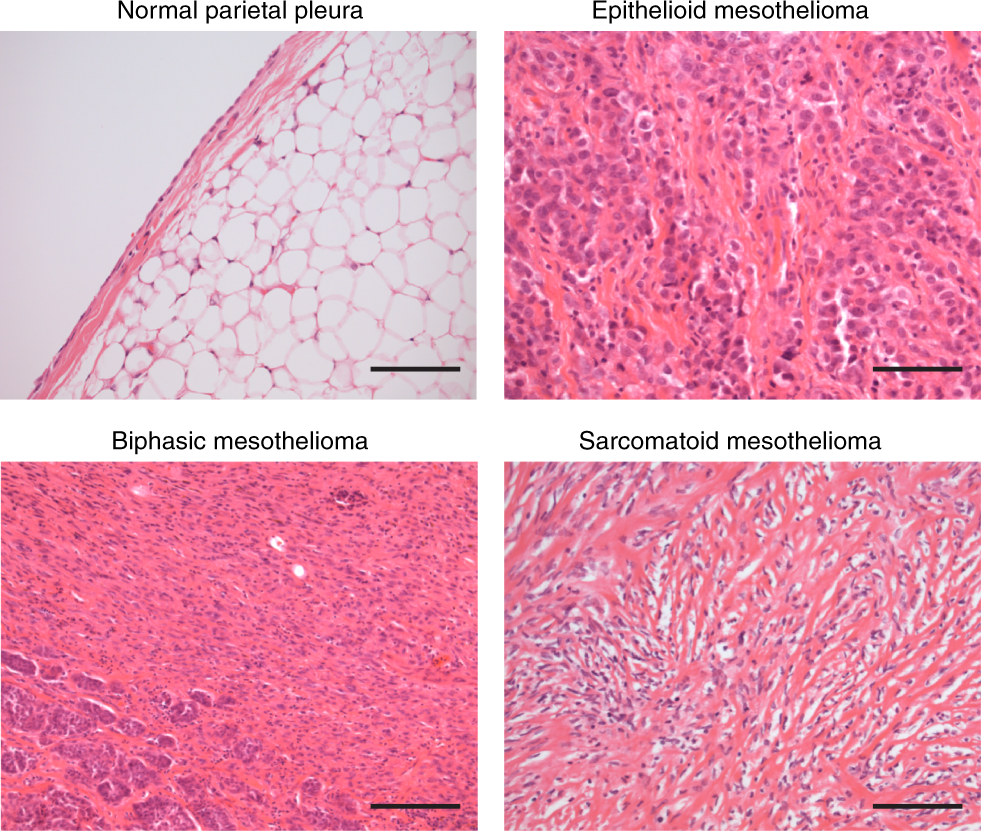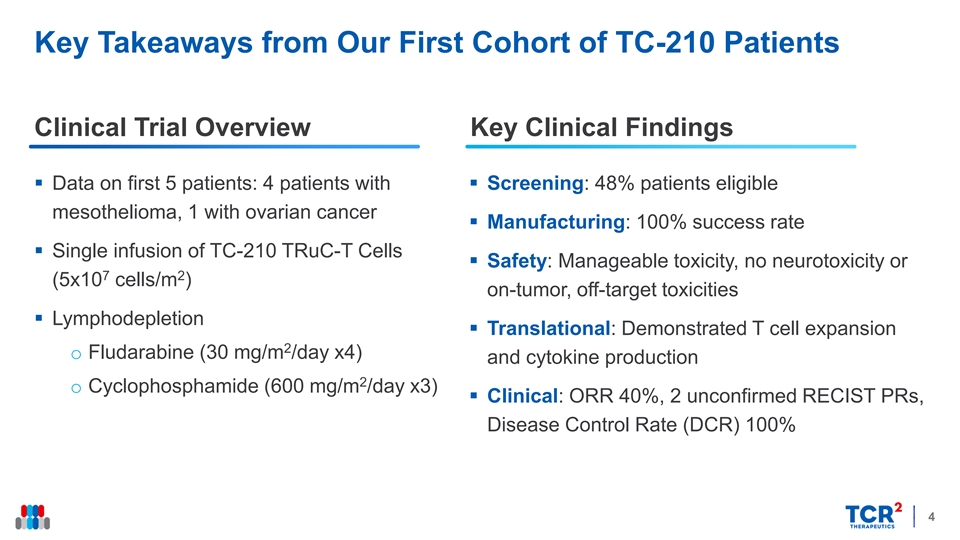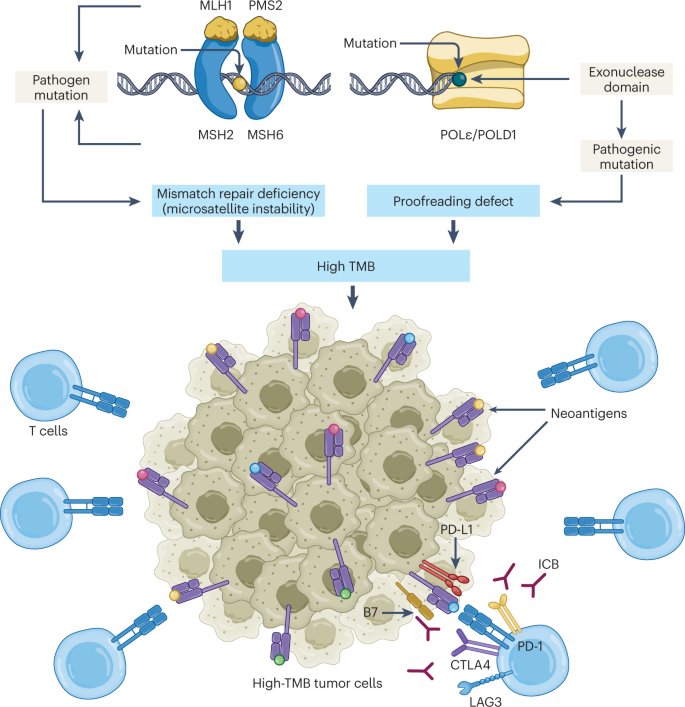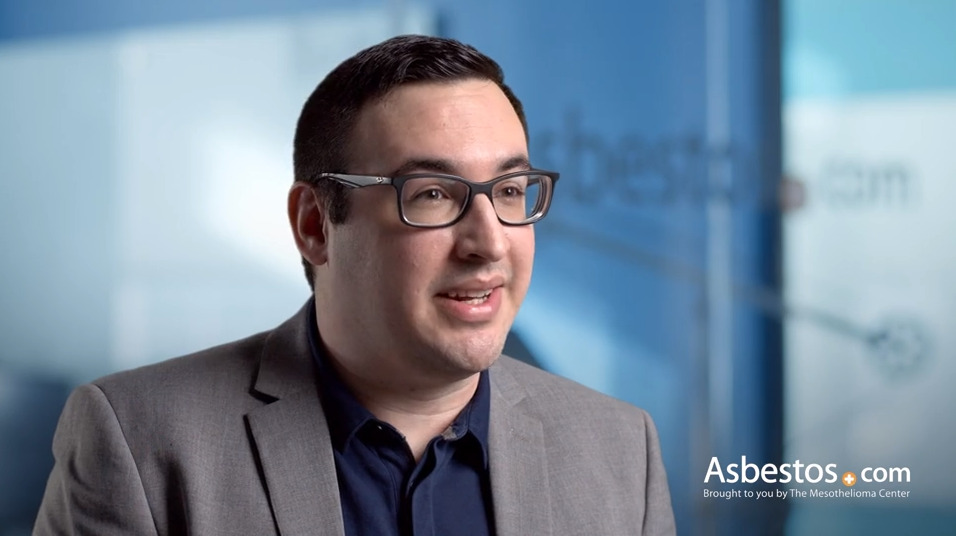mesothelioma success rate
 Introduction
Introduction
 As someone who has been personally affected by mesothelioma, I understand the fear and uncertainty that comes with a diagnosis.
As someone who has been personally affected by mesothelioma, I understand the fear and uncertainty that comes with a diagnosis.
Mesothelioma is a rare and aggressive cancer caused by exposure to asbestos, and unfortunately, it often goes undetected until it has progressed to later stages.
However, there is hope.
In recent years, significant progress has been made in mesothelioma treatment, leading to higher survival rates and better outcomes for patients.
Progress Made in Mesothelioma Treatment
 In the past, mesothelioma was considered a death sentence, with few treatment options available.
In the past, mesothelioma was considered a death sentence, with few treatment options available.
However, today, mesothelioma patients have access to a range of treatments that can extend their life expectancy and improve their quality of life.
Targeted Therapies
One of the most significant advancements in mesothelioma treatment has been the development of targeted therapies.
These drugs work by attacking specific molecules or proteins within cancer cells, preventing them from growing and spreading.
Targeted therapies are often less toxic than traditional chemotherapy, which means they cause fewer side effects and allow patients to maintain a better quality of life.
Immunotherapy
Another key advancement in mesothelioma treatment has been the use of immunotherapy.
This groundbreaking treatment works by harnessing the power of the immune system to fight cancer cells.
Immunotherapy drugs help to activate the body's natural defenses, allowing it to recognize and attack cancer cells more effectively.
While still relatively new, immunotherapy has shown promising results in clinical trials, with some patients experiencing long-term remission.
Targeted therapies are often less toxic than traditional chemotherapy, which means they cause fewer side effects and allow patients to maintain a better quality of life.
Surgery
Surgery is another treatment option for mesothelioma patients.
Depending on the stage and location of the cancer, surgery may involve removing part or all of the affected lung or lining of the chest or abdomen.
While surgery can be effective in removing cancerous tissue, it is often used in combination with other treatments, such as chemotherapy or radiation therapy.
Radiation Therapy
Radiation therapy uses high-energy radiation to kill cancer cells.
It can be used to shrink tumors before surgery or to destroy any remaining cancer cells after surgery.
Radiation therapy can also be used to relieve symptoms, such as pain or shortness of breath, in patients with advanced mesothelioma.
Immunotherapy has shown promising results in clinical trials, with some patients experiencing long-term remission.
Clinical Trials
Clinical trials are research studies that test new treatments or procedures to determine their safety and effectiveness.
Mesothelioma patients may be eligible to participate in clinical trials, which can provide access to cutting-edge treatments that are not yet available to the general public.
Clinical trials can also help to advance our understanding of mesothelioma and lead to new treatment options in the future.
Early Detection A Key Factor in Higher Survival Rates
 Biomarkers and Imaging Tests
Biomarkers and Imaging Tests
One of the biggest challenges in treating mesothelioma is catching it early enough.
Because symptoms often don't appear until the cancer has already spread, many cases go undiagnosed until it's too late.
However, advances in diagnostic tools have made it easier to detect mesothelioma in its early stages.
One such tool is the use of biomarkers.
Biomarkers are substances found in blood, urine, or tissue samples that can indicate the presence of cancer.
By testing for specific biomarkers associated with mesothelioma, doctors can identify the disease earlier and begin treatment sooner.
Another important diagnostic tool is imaging tests like CT scans and MRIs. These tests allow doctors to see inside the body and look for signs of cancer.
When used in conjunction with biomarker testing, imaging tests can help catch mesothelioma at an earlier stage, when it's more treatable.
Biomarkers and imaging tests are crucial in detecting mesothelioma early, which is key to improving survival rates.
Screening Programs
Screening programs can also help detect mesothelioma early.
These programs are designed to identify people who may be at higher risk of developing the disease, such as those who have been exposed to asbestos.
By screening these individuals regularly, doctors can catch mesothelioma at an earlier stage and improve their chances of survival.
However, screening programs are not without their limitations.
False positives can occur, leading to unnecessary testing and anxiety for patients.
Additionally, not all cases of mesothelioma are caused by asbestos exposure, so screening programs may miss some cases.
Screening programs can be effective in detecting mesothelioma early, but they also have limitations that need to be considered.
Importance of Early Detection
Early detection is crucial in improving survival rates for mesothelioma.
When the cancer is caught at an early stage, treatment options are more effective and patients have a better chance of living longer.
However, when mesothelioma is diagnosed at a later stage, treatment options are limited and survival rates are lower.
It's important for individuals who may be at risk of developing mesothelioma to be aware of the symptoms and to undergo regular screening.
By catching mesothelioma early, doctors can provide the best possible care and improve patients' chances of survival.
Early detection is key to improving survival rates for mesothelioma, so it's important to be aware of the symptoms and undergo regular screening.
Immunotherapy: A Promising New Treatment Option
From my personal experience, I have learned that immunotherapy is a promising new treatment option for mesothelioma patients.
This type of therapy uses the patient's own immune system to fight cancer cells.
Types of Immunotherapy Drugs
There are several different types of immunotherapy drugs available, each with its own unique way of activating the immune system.
Some drugs work by blocking proteins that prevent the immune system from attacking cancer cells, while others work by stimulating the growth of immune cells that target cancer cells specifically.
Effectiveness of Immunotherapy
While immunotherapy is still relatively new, clinical trials have shown that it can be effective in treating mesothelioma.
In fact, some patients have experienced long-term remission after undergoing immunotherapy treatment.
According to recent studies, immunotherapy has shown promising results in treating mesothelioma patients who have not responded to other treatments.
Side Effects of Immunotherapy
Like any other treatment, immunotherapy can have side effects.
However, the side effects of immunotherapy are generally less severe than those of chemotherapy or radiation therapy.
Common side effects include fatigue, fever, and flu-like symptoms.
Unlike chemotherapy or radiation therapy, immunotherapy does not damage healthy cells in the body, which can lead to fewer side effects.
Surgical Advances Better Outcomes for Patients
 In my personal experience, I have seen how surgery has been a mainstay of mesothelioma treatment.
In my personal experience, I have seen how surgery has been a mainstay of mesothelioma treatment.
However, recent advancements have made it safer and more effective than ever before.
One such advancement is minimally invasive surgery, which uses smaller incisions and specialized tools to remove tumors.
Benefits of Minimally Invasive Surgery
Minimally invasive surgery has several benefits over traditional open surgery.
It causes less pain and scarring, reduces the risk of complications, and allows patients to recover more quickly.
Additionally, because the incisions are smaller, there is less risk of spreading cancer cells during surgery.
Heated Chemotherapy
Another surgical advancement that has improved outcomes for mesothelioma patients is the use of heated chemotherapy.
This technique involves infusing a heated chemotherapy solution directly into the chest cavity after surgery.
The heat helps to kill any remaining cancer cells while also improving the effectiveness of the chemotherapy drugs.
Minimally invasive surgery causes less pain and scarring, reduces the risk of complications, and allows patients to recover more quickly.
Combining Surgery with Other Treatments
While surgery can be effective on its own, it is often combined with other treatments such as chemotherapy and radiation therapy.
This approach is known as multimodal therapy and has been shown to improve survival rates for mesothelioma patients.
Heated chemotherapy helps to kill any remaining cancer cells while also improving the effectiveness of the chemotherapy drugs.
Choosing the Right Surgeon
When considering surgery for mesothelioma, it is important to choose a surgeon who has experience treating this rare cancer.
Look for a surgeon who specializes in thoracic surgery and has a track record of successful mesothelioma surgeries.
- Choose a surgeon who has experience treating mesothelioma
- Look for a surgeon who specializes in thoracic surgery
- Choose a surgeon with a track record of successful mesothelioma surgeries
Combining surgery with other treatments such as chemotherapy and radiation therapy has been shown to improve survival rates for mesothelioma patients.
Clinical Trials Providing Hope for Mesothelioma Patients
 Clinical trials are an essential part of advancing mesothelioma treatment.
Clinical trials are an essential part of advancing mesothelioma treatment.
These studies allow researchers to test new treatments and therapies in a controlled environment, with the goal of finding better ways to treat the disease.
Promising Area of Research: Gene Therapy
One promising area of research is the use of gene therapy.
This approach involves modifying the patient's own cells to attack cancer cells more effectively.
While still in the early stages of development, gene therapy has shown promise in treating other types of cancer, and researchers are hopeful it could be effective against mesothelioma as well.
Combination Therapies
Another area of research is the use of combination therapies.
By combining different treatments like chemotherapy, radiation, and immunotherapy, doctors hope to create a more comprehensive approach to treating mesothelioma.
Clinical trials testing these combinations are ongoing, and early results have been encouraging.
Combining different treatments like chemotherapy, radiation, and immunotherapy could be a game-changer in mesothelioma treatment.
Immunotherapy
Immunotherapy is another promising area of research.
This approach involves using the body's own immune system to fight cancer cells.
Clinical trials testing immunotherapy drugs have shown promising results in treating mesothelioma, and researchers are continuing to explore this avenue of treatment.
Immunotherapy drugs have shown promising results in treating mesothelioma.
Targeted Therapy
Targeted therapy is a type of treatment that targets specific genes or proteins that contribute to the growth and spread of cancer cells.
Clinical trials testing targeted therapy drugs have shown promise in treating mesothelioma, and researchers are continuing to explore this approach.
- Targeted therapy drugs have fewer side effects than traditional chemotherapy drugs
- Targeted therapy drugs are designed to attack cancer cells while leaving healthy cells unharmed
Conclusion Looking Forward to Continued Progress in Treatment

From targeted therapies to minimally invasive surgery to clinical trials, there are many options available for those diagnosed with this rare cancer.
As we look ahead to the future, it's clear that continued research and innovation will be key in improving mesothelioma survival rates even further.
With each breakthrough, we move one step closer to a world where mesothelioma is no longer a death sentence, but a manageable condition.






0 Comments